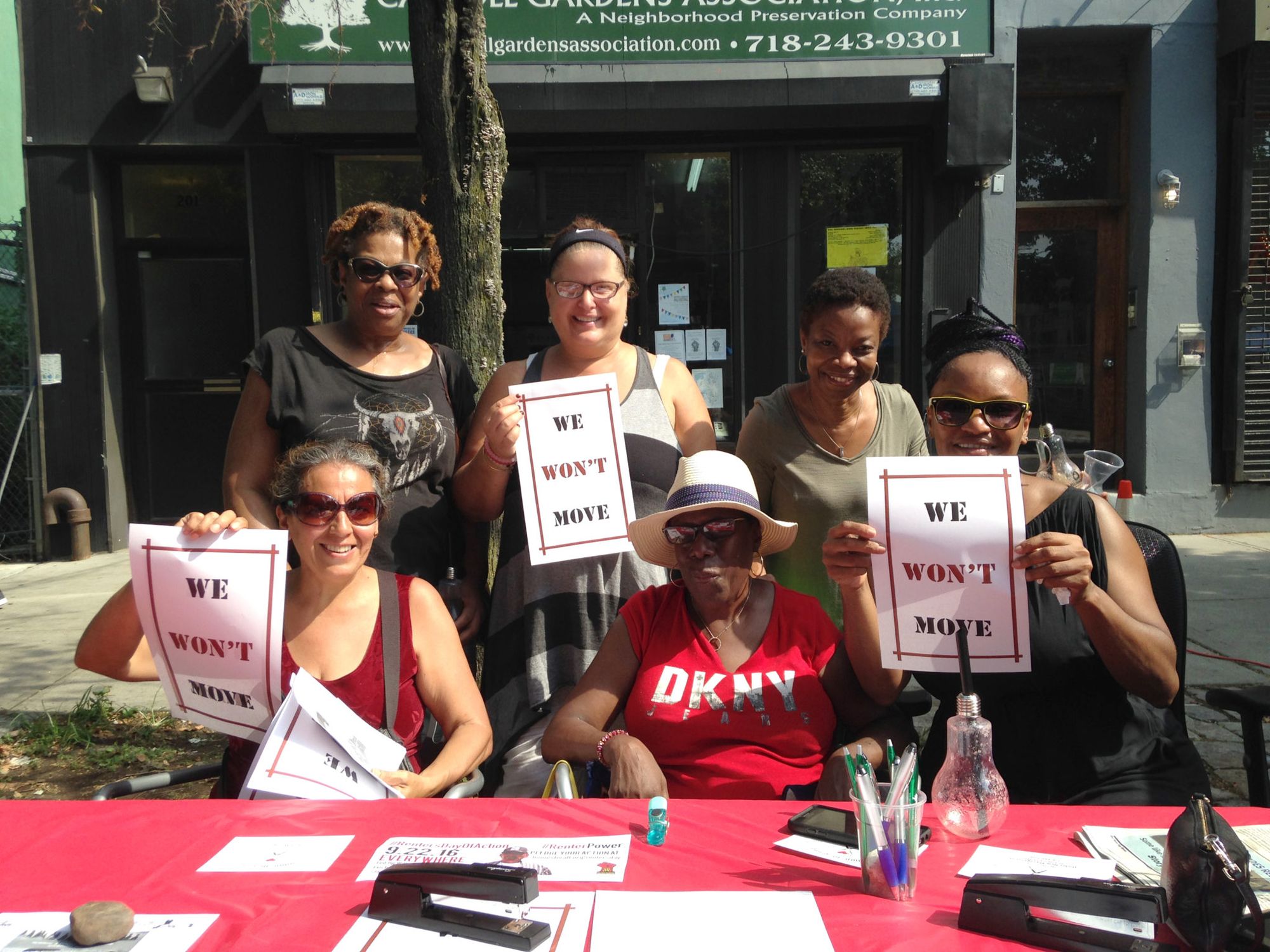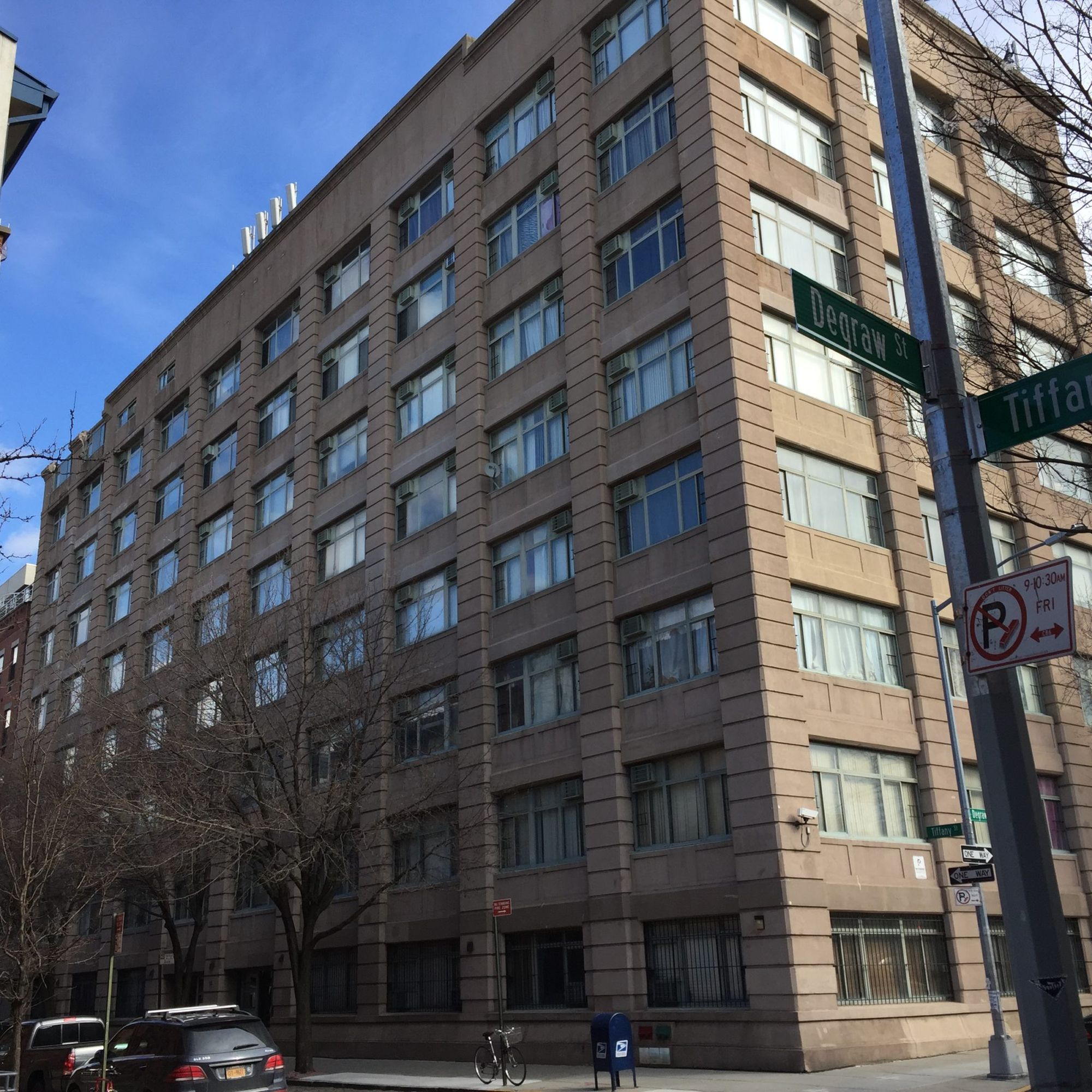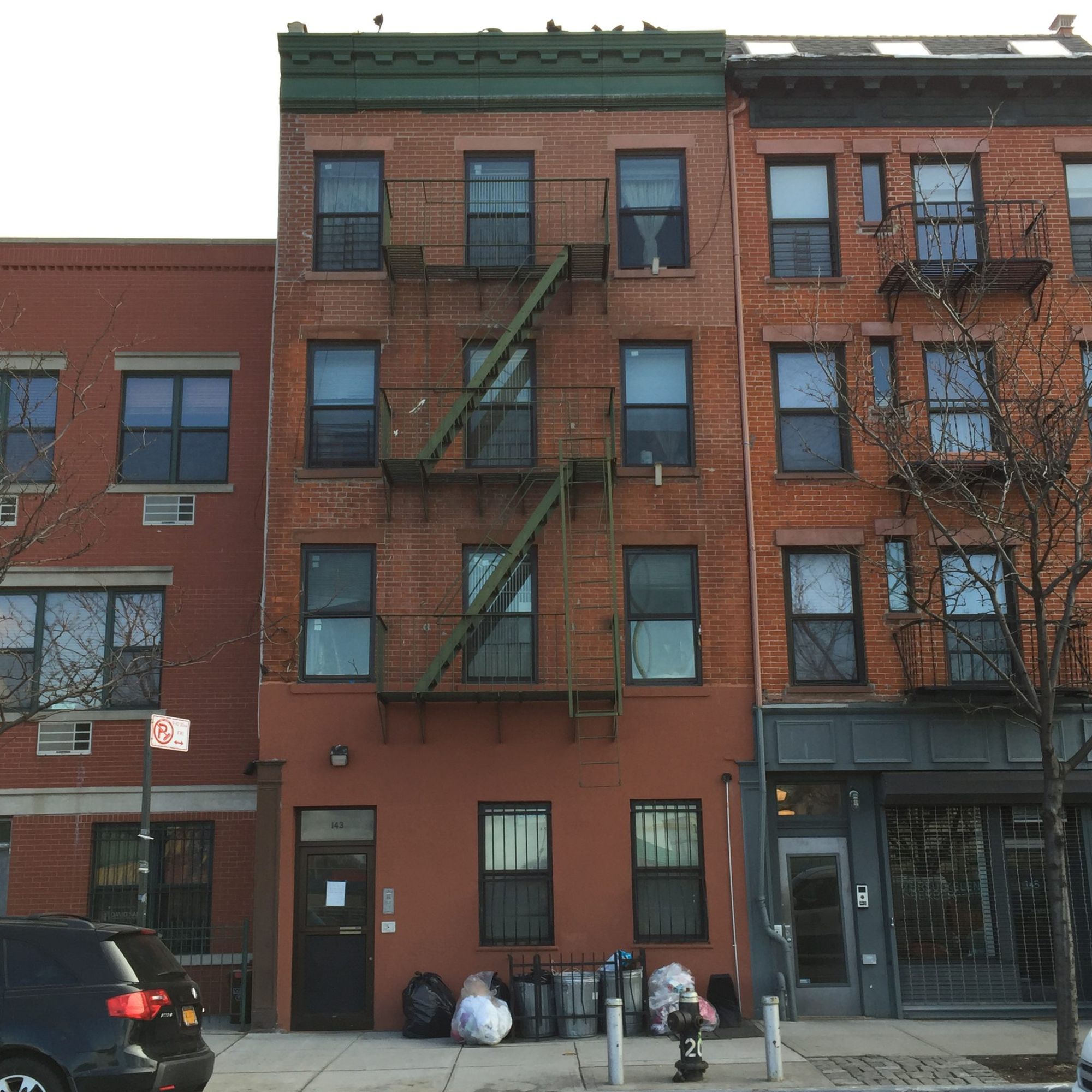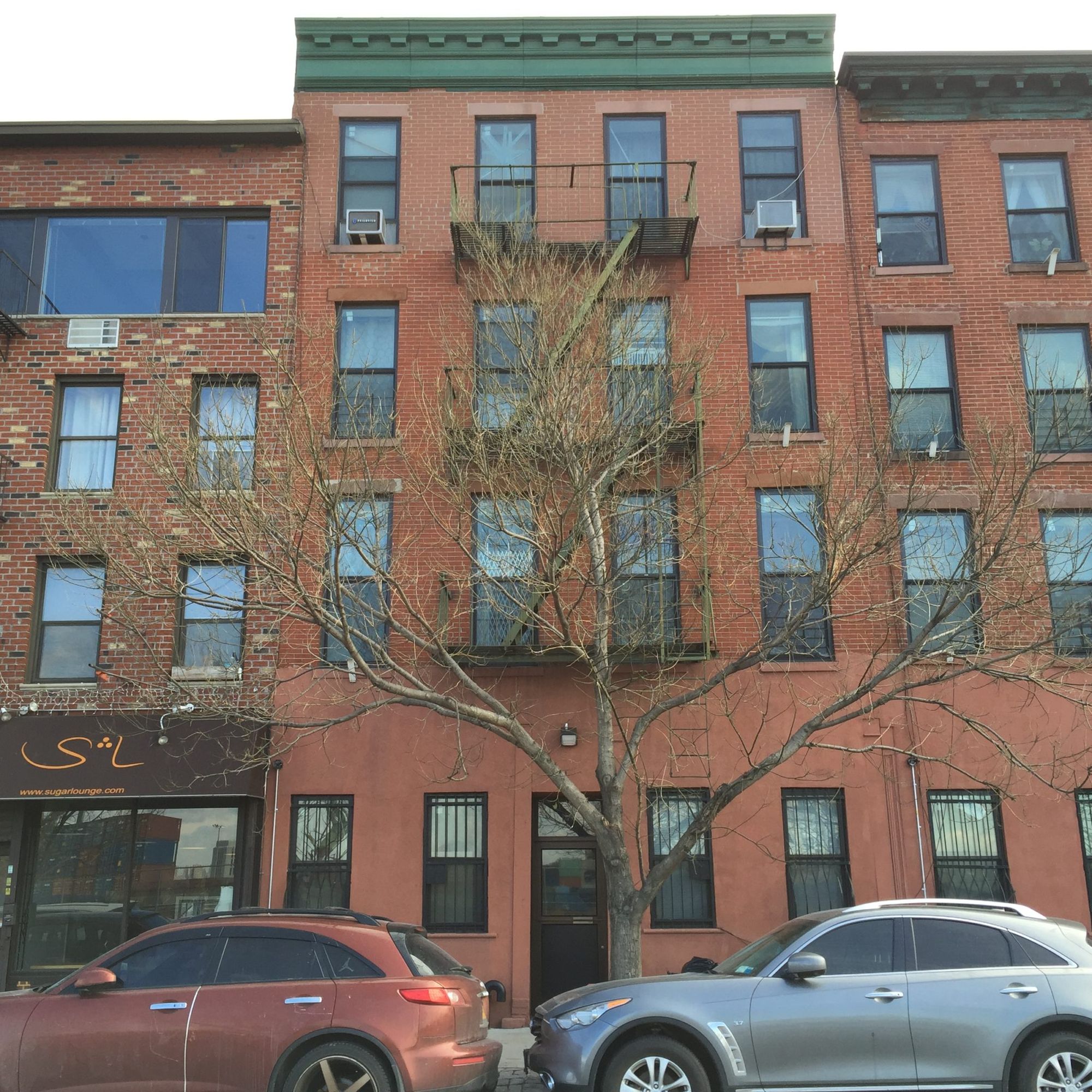Carroll Gardens Association Helps Renters Fight For Their Rights


Formed in 1971, the Carroll Gardens Association (CGA) is a not-for-profit organization that provides affordable housing and assists neighbors and tenants in organizing and creating a community of participation and support.
CGA fosters a community where residents of all income levels in Carroll Gardens, the Columbia Street District, and Red Hook can live, work, and thrive by preserving and developing affordable housing,
enforcing quality housing management practices, promoting small business development, and providing assistance and support to residents.
CGA owns and manages 150 affordable units in the areas it serves and is the second largest affordable housing provider in Red Hook after NYCHA. According to Manon Vergerio, CGA’s Community Organizer, the organization has recently added an “organizing dimension” to its services, “providing assistance and organizing support to tenants who live in the area who might be feeling pressures from displacement and gentrification.”
Last summer, CGA helped locals form a tenant union. “It’s a place where tenants in the neighborhood can come together and learn more about their rights and support each other if they’re experiencing any sort of trouble with their landlord,” Vergerio says.
Meeting once a month, the tenant union currently consists of a core group of 12-15 neighbors working in committees focusing on policy work, community outreach, research, and education. “One of our goals is to make it as member-run as possible…to develop everyone’s skills so that they can run the tenant union in a more autonomous way and become tenant organizers themselves,” Vergerio explains.

Along with providing support to tenants who come in with issues with their landlords and buildings, the tenant union’s policy committee is focusing on citywide policies to advocate and promote. The outreach committee is working on increasing union membership and connecting to different people in the neighborhood. The research committee is working on developing a toolkit for tenants to learn about the history of their buildings and landlords. The education committee is considering methods of informing people of their rights as tenants.
Some common problems that neighbors encounter include landlords not making necessary repairs, a lack of heat and/or hot water, mold in apartments, and tenants losing their rent stabilized leases. CGA typically starts by helping the tenants write a “strongly worded letter to their landlord…. If the landlord doesn’t respond to that, we try to think about next steps.”
One extreme case involves a Red Hook resident who CGA is currently advising. This resident holds the last rent stabilized lease in her building— all other rent stabilized tenants have left, accepting buyout offers or being forced out by the landlord’s use of disruptive construction and noise. The tenant remaining in the building had a pipe fall through the ceiling of her bathroom, which Vergerio says is a harassment tactic used by the landlord.
While the tenant has hired a lawyer, CGA has discussed her case with elected officials as well as other tenants who are battling with the same property owner. They’ve also suggested she hold a press conference in front of her building to spread the word about her situation, and have offered to stand alongside her if she chooses to do so.
Vergerio says many renters do not to know their rights as tenants. The most basic of these includes the right to organize with their neighbors, the right to live in a safe, habitable apartment and receive proper repairs when needed, and the right to heat in winter and hot water year round. She stresses that organizing into groups is “very fundamental” since a “landlord may not be responsive to just an individual. If you get organized with your building, you’ll have a lot more weight, whether it’s legally or politically, and you’ll have access to more resources.”

Another tip she offers New York renters is getting a copy of one’s rent history, “a record that will show exactly how much the rent was for your apartment from the 1980s to now” and reveal if the rent was registered for regulation. She adds, “if you have any doubts about your rent history…come see a group like [CGA] or another tenant rights group in your neighborhood….”
She also notes that rent stabilized tenants have the right to a lease renewal. “That means every year your landlord has to renew your lease,…offer [you] a one-year or two-year lease, and rent increases are regulated by the rent guidelines board.”
Vergerio recommends anyone experiencing any sort of problems with repairs or harassment should “get connected to a local neighborhood group, or at least to their neighbors in their building” to get the support and guidance they need in dealing with shady landlords.

Another new initiative CGA is currently working on is incubating its first worker cooperative. “We’re supporting [about] 15 women, all immigrant women of color, who are starting a childcare worker cooperative together.” Vergerio explains that a worker cooperative is “kind of like a business but instead of having a boss and employees, everyone owns it together so everyone is a worker/owner. Decision-making is very horizontal. It’s gaining a lot of traction in New York as a way to empower communities, particularly immigrant communities, to start their own small businesses.”
Vergerio says that nannies who work independently in family homes don’t often have “access to their rights as a domestic worker, or healthcare…. So the idea is to have a group that’s supportive of each other….” CGA conducted an intensive 3-month training program with the women and they are planning to launch the co-op in the spring or summer.
The Carroll Gardens Association is a powerful ally for anyone living in the areas the organization serves, providing support, resources, advice, and information on the rights, regulations, and laws many do not understand.
The next tenant union meeting is scheduled for Wednesday, February 22, from 6:30 to 8:30 pm at the Carroll Gardens Association offices located at 201 Columbia Street. All are welcome to attend.




